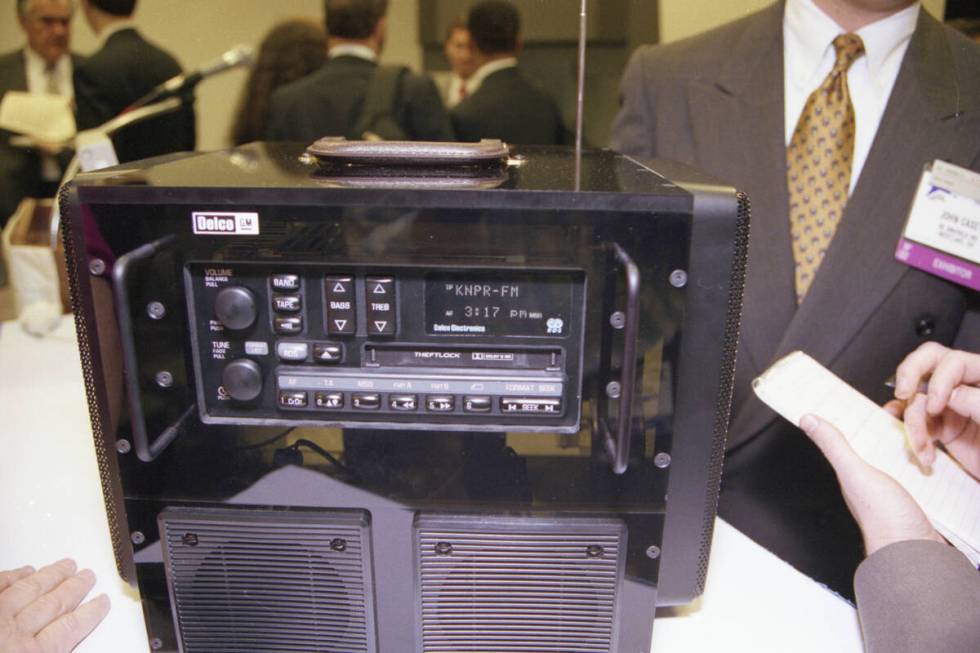COMMENTARY: The sad future of AM radio

You had a great 100-year run, AM radio, and your demise is breaking my heart.
According to the Wall Street Journal, carmakers such as Tesla, Volvo and BMW are no longer providing AM radios in their new vehicles.
Why? In part, because of the emergence of electric vehicles.
As the Journal explains, quoting the Alliance for Automotive Innovation, a car-industry trade group, the onboard electronics on EVs “create interference with AM radio signals — a phenomenon that ‘makes the already fuzzy analog AM radio frequency basically unlistenable.’ ”
EV makers can apply shielding cables and other components to make AM radios work, but, says the alliance, that would cost $3.8 billion over seven years — which is why some companies are simply doing away with AM radio.
It’s regrettably true that the economic and cultural heyday of AM radio is well behind us. America’s very first radio broadcast took place on KDKA radio in Pittsburgh on Nov. 2, 1920, reports CBS News.
From the ’30s through the ’50s, KDKA-AM broadcast news, jazz, big band music and Pirates baseball games. In 1954 its in-house genius Rege Cordic created one of America’s first “morning teams.” Cordic & Co. brought us several memorable characters and comedy sketches that helped KDKA capture a massive 85 percent of Pittsburgh’s listening audience.
Now, thanks to the emergence of streaming broadcasts, satellite radio and other options, both AM and FM radio listenership have declined fast.
According to Nielsen, reports the Journal, America’s 4,500 AM radio stations reached 107 million people every month in the spring of 2016 — but only 78 million people per month in 2023. Due to the waning listenership and the cost of installing functioning AM radios in cars, then, more carmakers are opting to ditch AM radios altogether.
But not so fast, say AM radio advocates.
For starters, conservative talk shows — a staple of AM programming since the rise of Rush Limbaugh in the early 1980s — have a lot to lose if AM radio goes away.
More than 600 AM radio stations broadcast in non-English languages — making them invaluable sources of information to people for whom English is not a first language.
And federal emergency officials are lobbying Congress to create laws that prevent carmakers from dropping AM radios from new vehicles because they say AM is still an important medium to convey emergency alerts and information.
The AM radio issue — one of a few on Capitol Hill that has strong bipartisan support — is not without irony. Free-market conservatives generally argue that companies should be free to make their own choices about how they make their products. In this case, however, conservative lawmakers are pushing for a law that will force carmakers to install AM radios, regardless of the increased cost to consumers.
The fight over AM radio is the kind of battle that always takes place in government when new technology overtakes 100-year-old technology. Though the eventual death of AM radio can’t be reversed, it does make me sad.
Children today will never know the incredible joy we experienced, as we sat by our radios on snowy Pittsburgh mornings, when KDKA announced that our school was canceled for the day!
Tom Purcell is a Pittsburgh Tribune-Review humor columnist. Email him at Tom@TomPurcell.com.